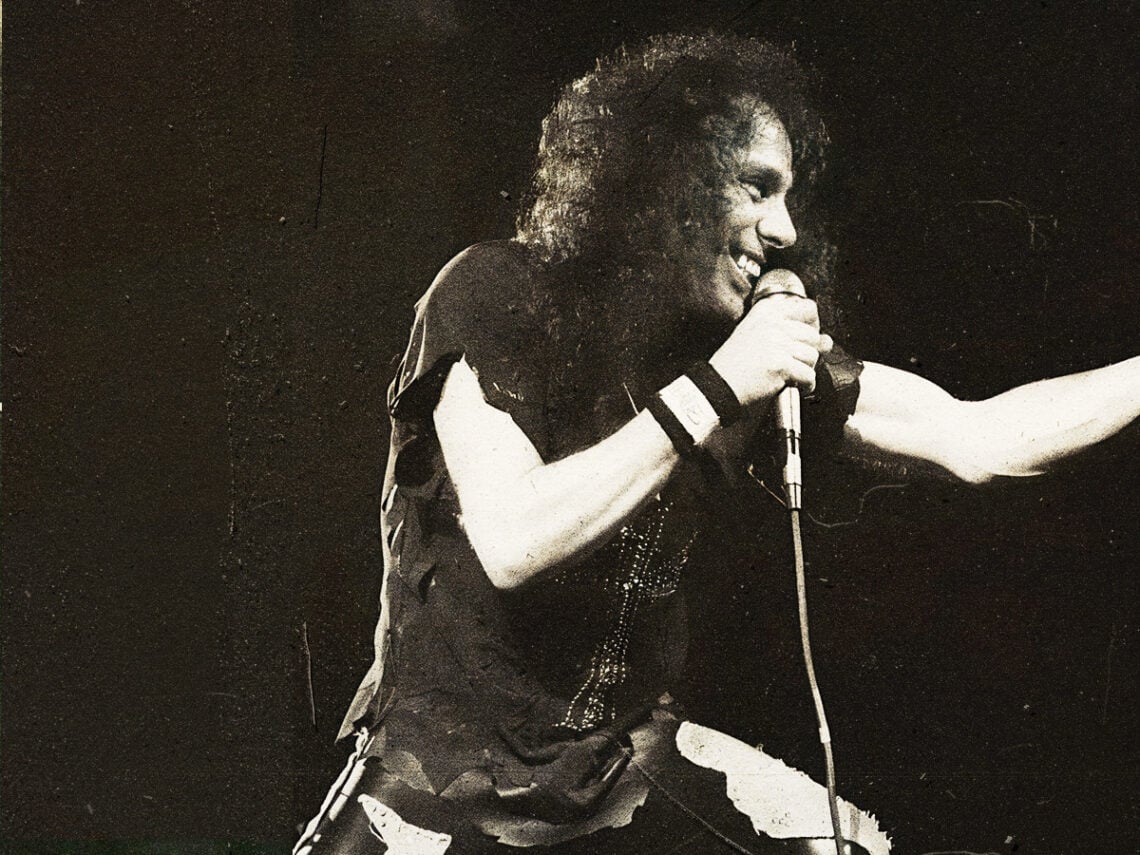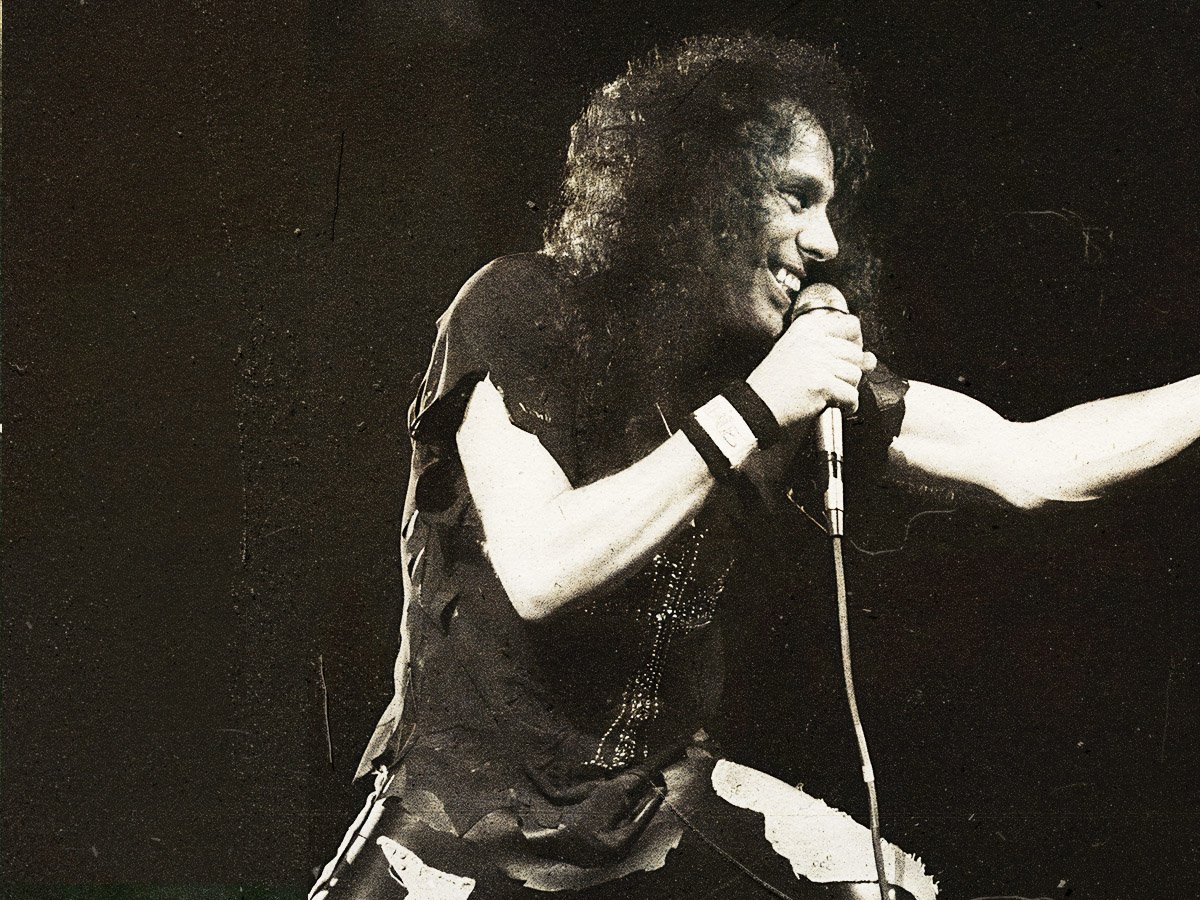
(Credits: Far Out / Alamy)
Mon 3 November 2025 21:15, UK
Any artist that is even mildly interested in rock and roll singing needs to be taking cues from everything Ronnie James Dio was involved with.
Although he didn’t look like the kind of towering version of a rock icon that most people would think of today, his voice is still one of the most iconic sounds that hard rock ever produced in the late 1970s. And while he was able to spread the musical wealth across many different heavy bands, he knew that there were a few bridges that were bound to be burned for good.
Then again, Dio was never meant to stay a band member for very long. Although the Dio solo band was a collaborative experience most of the time, a lot of it involved seeing what made the musical icon tick. Holy Diver was bound to be a labour of love for everyone involved, and if anyone took exception to what he was doing, they were free to either voice their opinion or go off on their own if they felt that it wasn’t working out.
Because at that point, Dio wasn’t going to take shit from his bandmates anymore. He had spent years trying to get a handle on the dynamic of Black Sabbath, and while Bill Ward eventually left the band after Heaven and Hell, Dio only lasted for one more album before he started to have questions about whether the rest of the band were saying things about him behind his back when working on Mob Rules.
But even with those petty grievances, it was easy for all of them to get back together. Dio may have been in and out of Sabbath for a few more years and even quit on the spot when the band opened for Ozzy Osbourne at Ozzfest, but when they rebranded themselves as Heaven and Hell in the 2000s, they produced one of the greatest albums of their entire career with The Devil You Know.
Even if he’s most synonymous with Sabbath, his own band, or being a deity in the eyes of Jack Black in The Pick of Destiny, Dio’s time in Rainbow can’t be understated. He was woodshedding his voice at that point, and listening to the strange blend of rock and classical music that Ritchie Blackmore was working with sounded fantastic. So when everything changed after he left, Dio realised that he never wanted to go back.
His replacements Graham Bonnet and Joe Lynn Turner did have a few fine moments with them, but Dio felt that there was never any point in going back to Rainbow, saying, “When the band I started was doing songs like ‘I Surrender’ and ‘Since You Been Gone’, from then on it made no sense to me. That wasn’t the band I was in. It’s not the band that I started with Ritchie. So I lost all my care for it after that. He was just a cruel man, a cruel person. He just did so many horrible things.”
And when listening to where Dio was heading, it’s not hard to see why he didn’t have the kind of compassion for Blackmore as he once did. He was on a completely different creative page half the time, and while a track like ‘Stone Cold’ from the later Rainbow years did have a lot of power to it, the idea of the same guy who sang ‘Stargazer’ making a song like that would have been unthinkable at that point.
Those bridges may have been burned, but that shouldn’t discount the music the band made together, either. Say what you want to about how Dio wouldn’t forgive and forget, but even if he was ready to leave that part of his work in the past, Long Live Rock and Roll will forever be one of the greatest albums to come out of the dawn of heavy metal.
Related Topics

